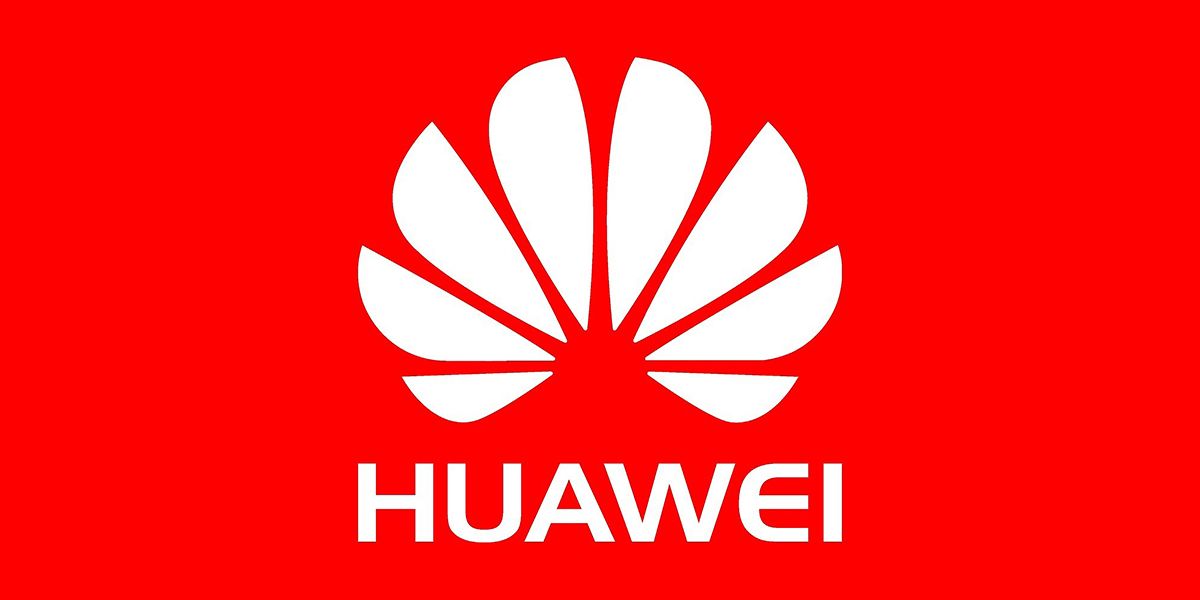Update (1/30/20 @ 1:45 PM ET): Huawei has issued an official response (below) to the report claiming they will no longer use Google services.
Huawei experienced great success in the smartphone market in 2018 and early 2019. The company became the second largest vendor in the global smartphone market. In China, it has been the top smartphone vendor since a few years. However, the international ambitions of its mobile business were brought to a halt when the US government added Huawei to its Entity List, blacklisting it from buying goods and services supplied by American suppliers. Immediately, Google revoked Huawei's Android license, preventing it from installing Google Mobile Services (GMS) in new device launches. US-based companies were banned from supplying goods to Huawei. In the months of political developments that have followed, Huawei has gained a temporary reprieve multiple times, but its continued presence on the Entity List means that the basic facts have not changed.
It still remains banned from using GMS on new device launches, which has resulted in a substantial decrease in its international smartphone sales. The Huawei Mate 30 series was announced in September (without using any US components), but even four months after launch, it suffers from limited international availability. The situation is so severe that Huawei was forced to turn towards its own Huawei Mobile Services (HMS) as an alternative of GMS. Now, a report quoted by WinFuture states that Huawei will not return to using Google services, even if the US trade ban is lifted.
It's hard to overstate the significance of this news. Huawei is the second largest Android smartphone vendor. Before the trade ban, it enjoyed a good relationship with Google. Now, Fred Wangfei, Huawei Country Manager for Austria, has told Andreas Proschofsky that even if the US government's trade restrictions were lifted, the company will stick to the home-made solution (HMS Core). This was categorically stated multiple times to ensure no confusion. Why is Huawei doing this? It's because the company doesn't want to remain a pawn in a trade conflict (this refers to the US-China trade war). Simply put, it wants to stand on its own two feet in the future.
It's a mixed situation for Huawei. Cutting off access to GMS, which includes the Play Store, meant that its business went down in Western markets (and also in India). On the other hand, it experienced the benefits of patriotism in China, which meant that its sales in China actually went up. Huawei now controls as much as 40% of the Chinese smartphone market, with other vendors such as OPPO, Vivo, Apple, and Xiaomi having to contend for smaller segments of the market.
Mr. Wangfei said that it was quite possible that the US will lift its embargo at some point, but that doesn't mean that it will never happen or be imposed again. Huawei does not want to depend on the US. Instead, it wants to create a "third ecosystem" that exists alongside Android and iOS or their respective app channels. At the same time, the company doesn't want to move too far away from Android in the future, as it will continue to use AOSP, which is the open-source version of Android. (This means that a move to HarmonyOS is not on the table.) It doesn't want to make life too difficult for developers because their apps are indispensable.
Huawei will spend $3 billion on setting up and expanding HMS in 2020 alone. This amount will cover technology, development, and also marketing. It has a tough task ahead of convincing international users that Huawei hardware works without Google.
Finally, it's worth noting that Arnoud Wokke, a journalist at Tweakers, asked the same question to the general manager of Huawei for the Netherlands, without being aware of Mr. Wangfei's answer in Austria. He received a completely different answer; according to the manager, Huawei would go back to using Google services. The manager stated: "Google has been a partner for many users. We believe in choice for consumers in services on their devices." This means that there are two conflicting statements here. Which of them is correct?
Our view: If Mr. Wangfei's statement refers to a new Huawei policy, it signifies a break from the past. In the past, Richard Wu, CEO of Huawei's Consumer Business Group, has said that he would roll out Google Apps for Mate 30 users on day one if the US trade ban was rescinded. At the Huawei Mate 30 launch, he said that the company was forced to turn towards HMS because of the political situation. Resolving not to use Google in the future even in the absence of trade restrictions would be a momentous decision. We advise waiting for other Huawei sources to corroborate this statement. After all, the company has been known to retract statements before, and the way forward is still unclear.
Source: Andreas Proschofsky | Via: WinFuture
Update: Huawei Denies
Huawei has issued a response to the report claiming they will no longer use Google services. The full statement sent to us can be seen below.
An open Android ecosystem is still our first choice, but if we are not able to continue to use it, we have the ability to develop our own.
This goes against the report, which claimed they would stop using Google services regardless of the US ban. The statement makes it sound like nothing has changed. They still want an open Android ecosystem, but if they are not allowed to use it, they will continue working on their alternatives: that is, Huawei Mobile Services and Harmony OS.

